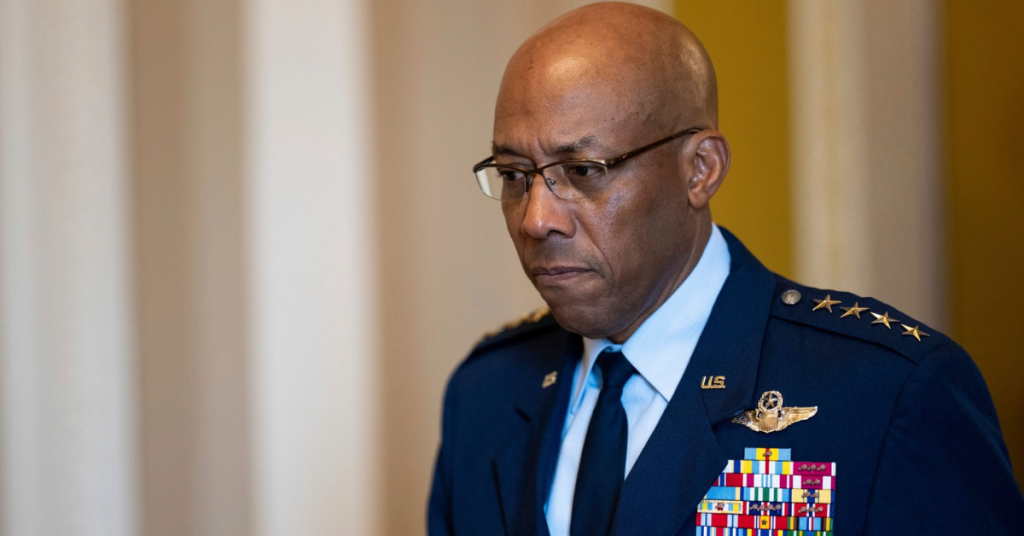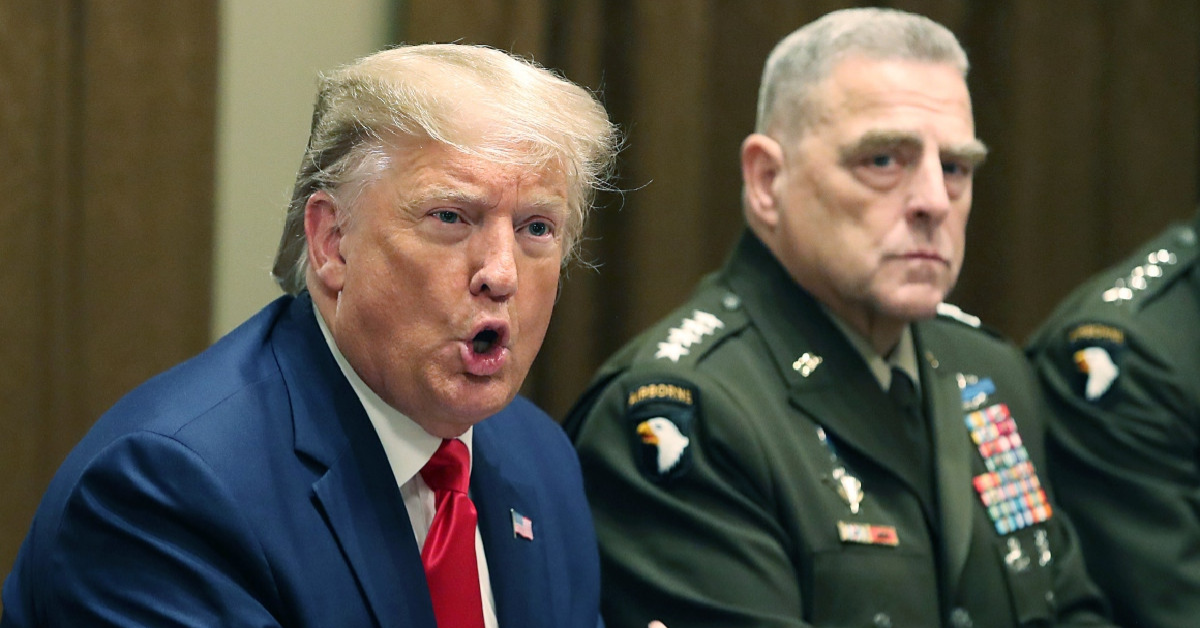In a significant move that has raised questions about the military’s relationship with the Trump administration, Col. Susannah Meyers was removed from her command at the Pituffik Space Base in Greenland.
This comes after a controversial email exchange where Meyers distanced herself from statements made by U.S. Vice President JD Vance during his visit to the territory. The dismissal highlights the growing tensions between military officers and political leaders, particularly in relation to U.S. foreign policy in strategically important regions.
The Visit of Vice President JD Vance to Greenland
The controversy began when Vice President JD Vance visited Greenland to emphasise the United States’ growing interests in the Arctic region. During the visit, Vance sharply criticised Denmark’s management of Greenland, which is an autonomous territory within the Kingdom of Denmark. His remarks were seen as a clear signal that the U.S. was asserting its interests in Greenland more aggressively, particularly in light of the growing influence of China and Russia in the Arctic.
Vance’s statements were likely aimed at strengthening U.S.-Greenland relations and securing a stronger foothold in the region, which is vital for military strategy and the exploitation of natural resources. The Arctic is becoming increasingly important due to the effects of climate change, which is opening up previously inaccessible shipping routes and uncovering vast, untapped natural resources.
Col. Susannah Meyers’ Response to Vance’s Remarks
Col. Meyers, who was the commanding officer at the Pituffik Space Base in Greenland, reacted differently to Vice President Vance’s rhetoric. In an email sent to base personnel following Vance’s visit, Meyers made it clear that she did not fully agree with the Vice President’s criticism of Denmark’s governance in Greenland.
She attempted to distance her leadership from the political remarks, suggesting that the U.S. military should not be seen as aligning itself with any particular political agenda, especially when it involves delicate diplomatic issues with a key international partner like Denmark.
This move was seen as a direct challenge to the Vice President’s position and the broader foreign policy stance of the Trump administration. In the email, Meyers emphasised the importance of maintaining strong diplomatic ties with Denmark, even as the U.S. sought to assert itself more strongly in Greenland. Her actions suggested a preference for diplomatic engagement rather than public confrontation with allies, which was a stance that directly clashed with the aggressive tone set by Vice President Vance.
The Decision to Remove Col. Meyers from Command
Meyer’s email did not go unnoticed. The Trump administration took swift action in response to her defiance, leading to her dismissal from her position at the Pituffik Space Base. The decision to remove her was likely influenced by the growing tensions within the U.S. government about the role of military leaders in shaping foreign policy. In recent years, military officers have been under increased scrutiny for how their actions may align with or contradict the administration’s broader political and strategic goals.

In an era of heightened political polarisation, particularly in the Trump administration, any sign of dissent from military leaders is often viewed as a challenge to the government’s authority. The dismissal of Col. Meyers appears to be part of a larger trend where those in the military who publicly or privately diverge from official policy face severe consequences. The firing sends a clear message to military personnel about the importance of loyalty to the administration’s policies, particularly in matters of foreign policy.
The Implications for Military-Political Relations
This incident raises important questions about the relationship between the U.S. military and political leaders in the Trump administration. The military is traditionally viewed as a non-political institution, but recent events have demonstrated that military officers are increasingly drawn into political debates, particularly on issues related to foreign policy and national security. The firing of Col. Meyers underscores the pressure military officers face when they find themselves at odds with the political directives of the president or his representatives.
The removal of Meyers also highlights the growing role of political figures, such as Vice President Vance, in shaping military policy. The Vice President’s direct involvement in matters of national security and foreign policy, such as his recent statements on Greenland, has raised concerns about the extent to which political agendas are influencing military decision-making. In the case of Col. Meyers, her dismissal appears to be a direct result of her refusal to conform to the political rhetoric being promoted by the administration.
Reactions and Future Implications
The firing of Col. Meyers has sparked a range of reactions from both political and military figures. Some have expressed concern about the potential chilling effect this could have on military officers who may fear speaking out or questioning political decisions in the future. Others argue that military leaders must remain loyal to the administration’s policies, especially in matters of national security, where consistent messaging and strong leadership are essential.
In the broader context of U.S. foreign policy, this incident may also have long-term implications for how the U.S. engages with its allies, particularly Denmark. The removal of a high-ranking officer like Col. Meyers could signal to international partners that the U.S. is willing to take a hardline stance on matters of diplomatic and military importance, even at the expense of internal disagreements within the government.
Conclusion
Col. Susannah Meyers’ dismissal from her command at the Pituffik Space Base in Greenland serves as a reminder of the complex relationship between military leaders and political figures in the Trump administration. The incident highlights the challenges faced by military officers when their professional judgment or diplomatic approach clashes with the administration’s policies.
As tensions between the U.S. and its allies, particularly in the Arctic region, continue to escalate, this event may set a precedent for how future disagreements between military and political leaders will be addressed. The firing of Col. Meyers demonstrates the high stakes for military officers navigating a politically charged environment where loyalty to the administration can sometimes outweigh professional discretion.
Disclaimer: This article has been meticulously fact-checked by our team to ensure accuracy and uphold transparency. We strive to deliver trustworthy and dependable content to our readers.


